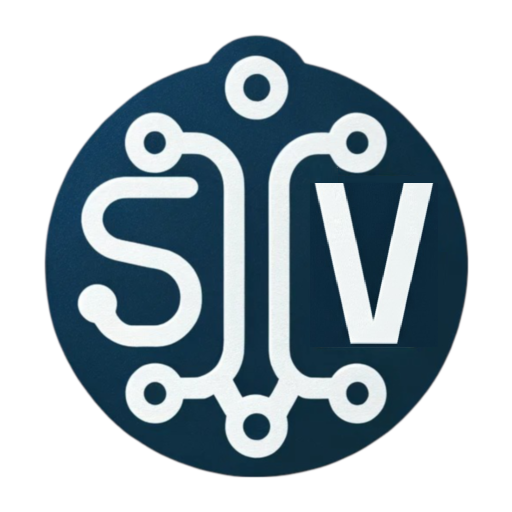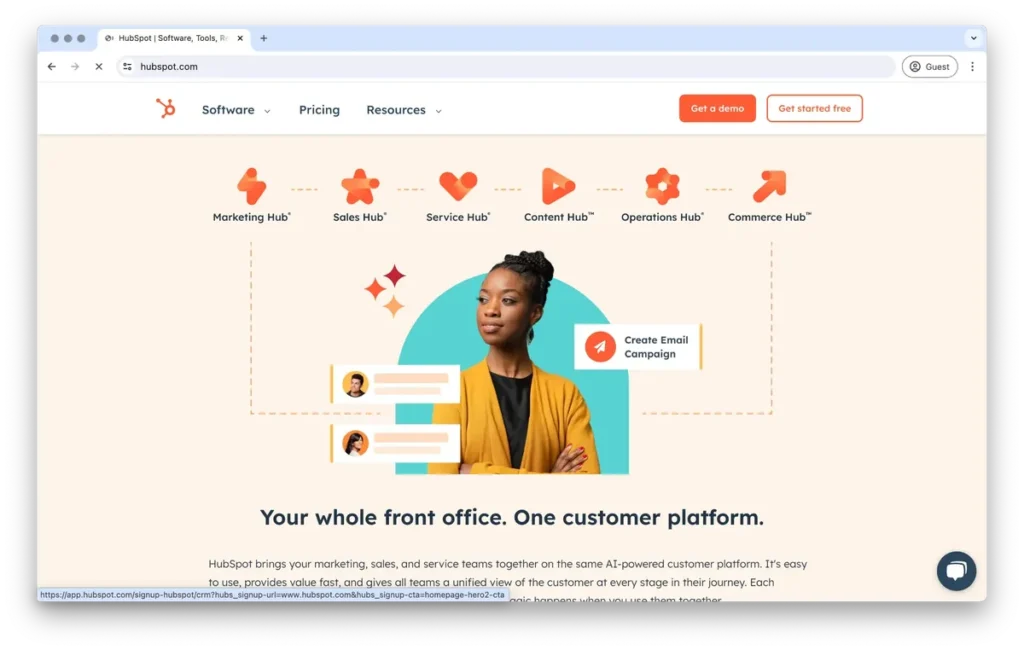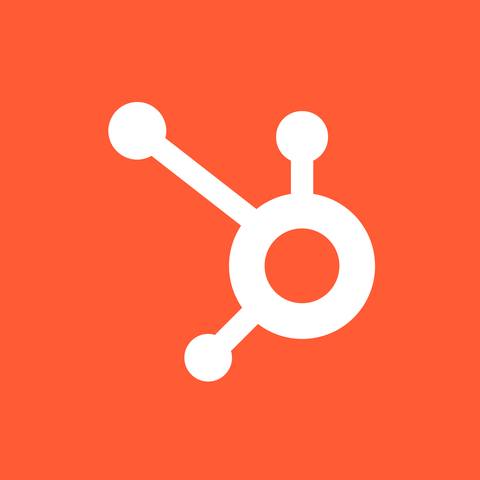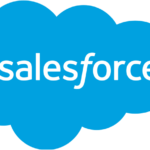
Power Tools
Disclosure for Our Readers
This blog contains affiliate links. If you make a purchase through one of these links, our team may earn a commission at no extra cost to you. Learn more. Thanks for your support!
Salesforce is a dominant force in the business software world. It is the undisputed market leader in Customer Relationship Management (CRM). It promises to be the single source of truth for your customer data.
But its power comes with complexity and a premium price tag. This review dissects the Salesforce ecosystem to help you decide if it is the right platform for your business.
What is Salesforce and Who Is It For?
Salesforce is a cloud-based software platform. It is designed to help businesses manage their relationships and interactions with customers and prospects.
While it started with sales, it now covers marketing, customer service, e-commerce, and analytics. It is built for businesses of all sizes, from small startups to the world’s largest enterprises.
A Deep Dive into the Salesforce Ecosystem
The true power of Salesforce lies in its interconnected “Clouds.” Each cloud is a specialized product designed for a specific business function. They all work together on one central platform.
1. Sales Cloud: The Core CRM Engine
Sales Cloud is the foundation of Salesforce and its most famous product. It is where you manage your entire sales process from lead to close.
It provides tools for lead, account, contact, and opportunity management. Sales teams use it to track deals, manage their pipeline, and forecast future revenue with confidence.
2. Service Cloud: Powering Customer Support
Service Cloud is the platform’s solution for customer service and support. It helps agents solve customer issues faster across any channel, including phone, email, and social media.
Key features include case management and knowledge bases. This empowers support teams to deliver personalized and efficient service, increasing customer satisfaction and loyalty.
3. Marketing Cloud: Automating Customer Journeys
Marketing Cloud is a powerful digital marketing platform. It allows businesses to build and manage 1-to-1 customer journeys. It’s used for email marketing, social media, and advertising.
It helps marketers send the right message to the right person at the right time. This level of personalization drives engagement and helps build lasting customer relationships.
4. The AppExchange: The Ultimate Customization Hub
The AppExchange is Salesforce’s enterprise app marketplace. It’s like an app store for your CRM, offering thousands of pre-built applications and integrations.
If Salesforce doesn’t do something out of the box, there is likely an app for it. This makes the platform incredibly flexible and extendable to meet unique business needs.
5. Einstein AI: The Intelligence Layer
Einstein AI is the artificial intelligence technology built into the Salesforce platform. It analyzes your data to provide predictions and recommendations directly within your workflow.
For example, it can predict which leads are most likely to convert. It can also recommend the next best action for a sales rep, helping them work smarter.
The User Experience: Powerful but Overwhelming
Salesforce’s user experience is a topic of intense debate. It offers unparalleled depth and customization, but this often comes at the cost of simplicity.
The Good: A Single Source of Truth
When configured correctly, Salesforce provides a 360-degree view of the customer. All departments can access the same up-to-date information, breaking down data silos.
Its reporting and dashboard capabilities are incredibly powerful. This allows leaders to track key metrics and make data-driven decisions with confidence.
The Bad: A Steep Learning Curve
For new users, Salesforce can be intimidating. The interface, even with the modern “Lightning Experience,” can feel cluttered and complex. It is not an intuitive, pick-up-and-play system.
Most companies require a dedicated Salesforce Administrator to manage the system. Without proper training and ongoing maintenance, the platform can quickly become messy and difficult to use.
Salesforce Pricing Explained
Salesforce pricing is notoriously complex and can be a significant investment. The new “Suite” pricing aims to simplify this by bundling several products together.
| Plan | Best For | Key Differentiator |
| Starter Suite | Small Businesses | Simple, all-in-one CRM |
| Pro Suite | Growing Teams | More customization & automation |
| Enterprise & Up | Large Companies | Deep customization, API access |
It is crucial to note that this “Suite” model is just one option. Most products, like Sales Cloud and Service Cloud, are also sold individually with different edition tiers.
What Do Real Users Say? A Look at Pros and Cons
Synthesizing feedback from Gartner, G2, and Reddit reveals a clear consensus. Users respect its power but are often frustrated by its complexity and cost.
The Top 5 Praises for Salesforce (The Pros)
- Ultimate Scalability: Salesforce can grow with your business, from a single user to tens of thousands. The platform is built to handle enterprise-level scale.
- Limitless Customization: You can tailor the platform to match almost any business process. The ability to create custom objects and fields is a major strength.
- Massive Ecosystem: The AppExchange and a huge community of developers mean you can integrate with almost any other tool and find support easily.
- Powerful Reporting: The ability to build detailed reports and dashboards provides unparalleled insight into business performance.
- A True Platform: It’s more than a CRM. It’s a complete platform for building and running business applications, providing a central hub for all customer data.
The Top 5 Criticisms of Salesforce (The Cons)
- Extremely High Cost: The per-user, per-month licensing fees are among the highest in the industry. The total cost of ownership is often much higher.
- Overwhelming Complexity: The system is not user-friendly out of the box. It requires significant investment in setup, training, and administration.
- Clunky User Interface: Many users find the UI to be slow and unintuitive compared to more modern competitors. Simple tasks can require too many clicks.
- Hidden Costs: The sticker price is just the beginning. Add-ons, data storage, API calls, and implementation partners can significantly increase the total investment.
- Aggressive Sales Tactics: Many user reviews mention feeling pressured by aggressive sales reps and confusing, multi-year contract renewals.
Salesforce vs. The Competition
The CRM market is crowded, but Salesforce’s main competitors are HubSpot for the SMB market and Microsoft Dynamics for the enterprise.
| Platform | Best For | Key Differentiator |
| Salesforce | Enterprises, complex needs | Ultimate customization & power |
| HubSpot | SMBs, marketing teams | Ease of use, great free CRM |
| Microsoft Dynamics | Microsoft-centric companies | Deep integration with Office 365 |
HubSpot is often praised for its superior user experience and more transparent pricing. It is a fantastic alternative for companies that don’t need Salesforce’s extreme depth.
The Final Verdict: Is Salesforce the Right CRM for You?
Salesforce is an incredibly powerful and comprehensive platform. For large enterprises with complex, unique processes and the budget to support it, it is often the best and only choice.
However, for small and medium-sized businesses with standard processes, Salesforce is likely overkill. The high cost, complexity, and need for a dedicated administrator make it a burdensome investment. These businesses would be better served by more user-friendly and affordable alternatives like HubSpot or Zoho.



